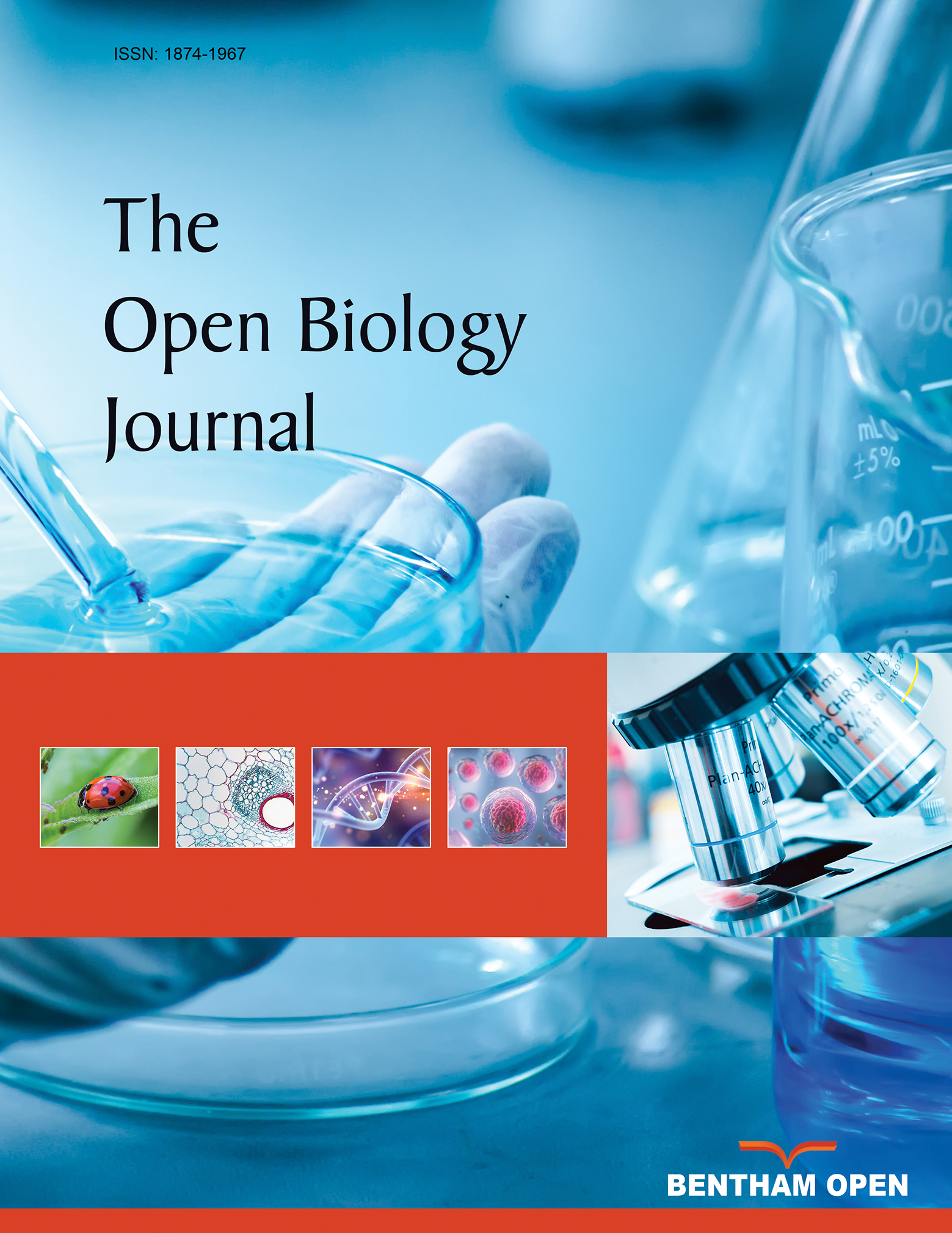Human Amniotic Fluid for the Treatment of Hospitalized, Symptomatic, and Laboratory-verified SARS-CoV-2 Patients
Abstract
New reports offer evidence that under different circumstances, intrauterine mother-infant transmission of SARS-CoV-2 occurs. In contrast, early observations in the COVID-19 pandemic recommended that vertical transmission from women infected with SARS-CoV-2 can be challenging and no virus is detected in human amniotic fluid (HAF). The present study aimed to propose the idea that HAF can be used as a potential therapy for hospitalized, symptomatic, and laboratory-verified SARS-CoV-2 patients by mitigating COVID-19 related inflammation and decreasing its fibrosis.Considering that COVID-19 can cause a severe pulmonary fibrotic response in some patients, HAF by decreasing fibrosis may be considered as an alternative and novel therapy against COVID-19. Lastly, given the inexpensive, easy to access, and safe nature of HAF, integrating this therapy may decrease the COVID-19 attributed death and burden to the health system, especially in countries with limited access to vaccines where HAF is widely available.


